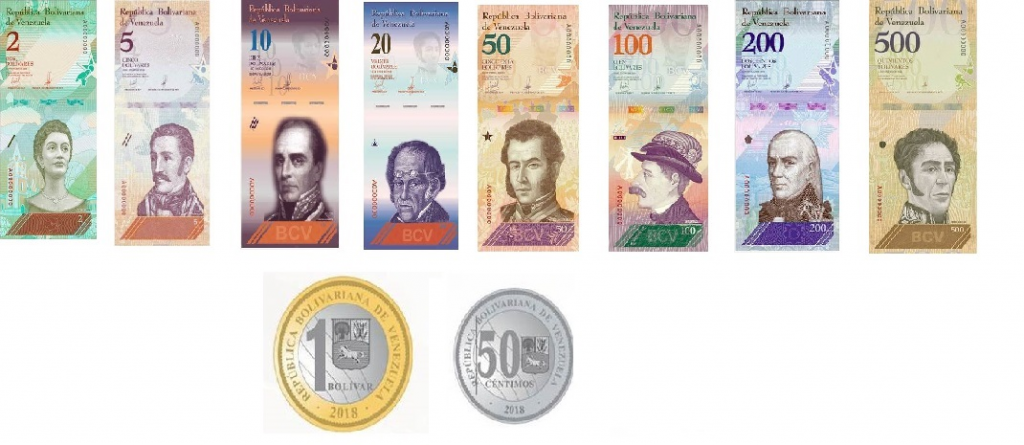China’s Ministry of Finance recently announced the sale of $6 billion in bonds ranging from 5-20 years in length. This sale of international bonds marks the largest ever undertaken by China. Rates on these bonds range from 35 basis points above the US Treasury benchmark to 70 basis points above the benchmark. All told, the government has hired 13 banks from across the world to facilitate the sale.
This move will further strengthen the country’s offshore market for domestic issuers. If all $6 billion is sold it will be double the size of sovereign debt sold in 2018 by the country.

“It reaffirms China’s determination to develop an orderly offshore dollar bond market for Chinese issuers,” Anne Zhang, head of fixed income for JPMorgan Private Bank in Asia, said of the offering. “The new deal will further complete a sovereign curve,” she said.
China’s central bank is still concerned over rising economic uncertainty which it says will lead to increasing financial risk. Many of the country’s financial institutions are considered high-risk, and consumers continue to pile on debt in comparison to income levels.
Water has already become one of the most prized resources in the world. In an attempt to protect and restore water resources, the World Bank has partnered with Credit Suisse on a £22.2 million sustainable water bond.
For its part, Credit Suisse has expressed an excitement in the project:

“Credit Suisse is delighted to partner with the World Bank to highlight the need for investment in one of the most important ecosystems for fighting climate change and creating sustainable livelihoods for billions of people – the ocean value chain,” Credit Suisse’s chief executive for its impact advisory and finance department, Marisa Drew, said.
“Absorbing approximately 30% of the carbon dioxide created by humans and generating 50% of the world’s oxygen, yet significantly underfunded from a private capital perspective, ocean health is critical. Funding, such as this, supports the World Bank, which in turn supports projects from sustainable fisheries to marine protected areas to ocean waste upcycling and helps us close the funding gap identified by SDG 14, Life Below Water.”
All told, the World Bank is seeking to raise £2.3 billion in the coming years for other important projects that support water access, marine protection, and sanitation, among others. The World Bank and Credit Suisse have already partnered on several financing projects, such as creating a sustainable supply chain for seafood in Peru.
As the Venezuelan economy continues to collapse, its citizens have turned toward cyber crime as a means to overcome their financial distress. Cyber criminals steal the personal information of people all across Latin America, and sell the information for cryptocurrency or use it themselves for nefarious acts. Interestingly enough, many of these criminals are out in plain sight, with no fear of law enforcement. Hyperinflation in Venezuela, which is expected to hit 200,000% this year, has caused its citizens to turn toward cryptocurrencies for a respite from their country’s economic woes.

“The Venezuelan underground has risen to the surface with the anarchy and chaos of the Maduro regime,” said Tom Kellermann, head of cybersecurity strategy for cloud computer company VMware and a global fellow for cyber policy at the Wilson Center.
“The Maduro regime’s priorities do not include protecting infrastructure or global enterprises at the moment,” the report states. It says that even if corporations went directly to Venezuelan opposition leader Juan Guaído – recognized as the legitimate leader by the U.S. and about 50 other nations – “there is little that his government can do to control the cybercrime emerging from Venezuela.”
Inflation has gotten so bad in Venezuela that the country has now embraced the US dollar as a legal form of tender to curb inflation and maintain some sort of financial order for the nation.
5G is no longer a technology for the future, it is quickly becoming the technology of today. Telecom giant Ericsson predicts that 65% of the world will be covered by 5G internet by 2025 and that the technology would account for 45% of global mobile data traffic. In the United States, Verizon has already begun to roll-out the technology in select areas, while in the UK, Vodafone and EE are doing the same.

“In 2020, 5G-compatible devices will enter the volume market, which will scale up 5G adoption,” Fredrik Jejdling, Ericsson’s executive vice president and head of networks, said in a press release Monday. “The question is no longer if but how quickly we can convert use cases into relevant applications for consumers and enterprises.”
While many claim this advancement promises to revolutionize data transfer and how information is spread, others don’t see 5G as that big of a change over current technologies. It may not be until the introduction of 6G technology that wireless connectivity really changes on a mass scale.
*As with any investment, your capital is at risk and the investments are not guaranteed. The yield is up to 6.75%. Before deciding to invest, please review our risk statement or consult with a financial advisor if necessary.


